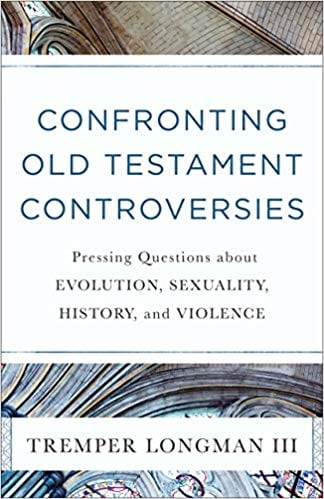Q. On p. 51 you rightly describe Yahweh as not gendered and not sexually active, unlike the description of various if not all other ANE deities. Yet somehow God ends up being called Father, though that specific language is actually rare in the OT and plentiful in the NT. Chris Seitz has suggested that the father language is linked to the creator language. He is father because he is the origin of all human beings, whereas in the NT God is viewed through Jesus’ eyes, who called him Father. What’s your take on the paucity of father language in the OT and its meaning where it does appear?
A. I would love to read Chris on this. We were doctoral students at Yale together years ago and I have a lot of respect for him. But when I read the Father language in the Old Testament it seems more connected to first of all his relationship to Israel. This includes Deuteronomy 32:6 where Moses says to Israel, “Is he not your Father, your Creator (which could also be translated “is he not the one who bought you”), who made you and formed you?” Here the reference does not seem to be to God as Father and Creator of humanity but of Israel. Then of course Israel is sometimes referred to as God’s sons (Exod. 4:22; Hos. 11:1). Then too the divine father-human son relationship is found in the relationship between God and the king in 2 Samuel 7:14; Psalm 2:7. In the Old Testament, God is never called mother, but mother-imagery (along with father imagery) is used to refer to God. I will cite only one example, but there are more. Again in reference to Israel, Moses wrote “you deserted the Rock who fathered you; you forgot the God who gave you birth” (Deut. 32:18). God the mother gave Israel birth.













